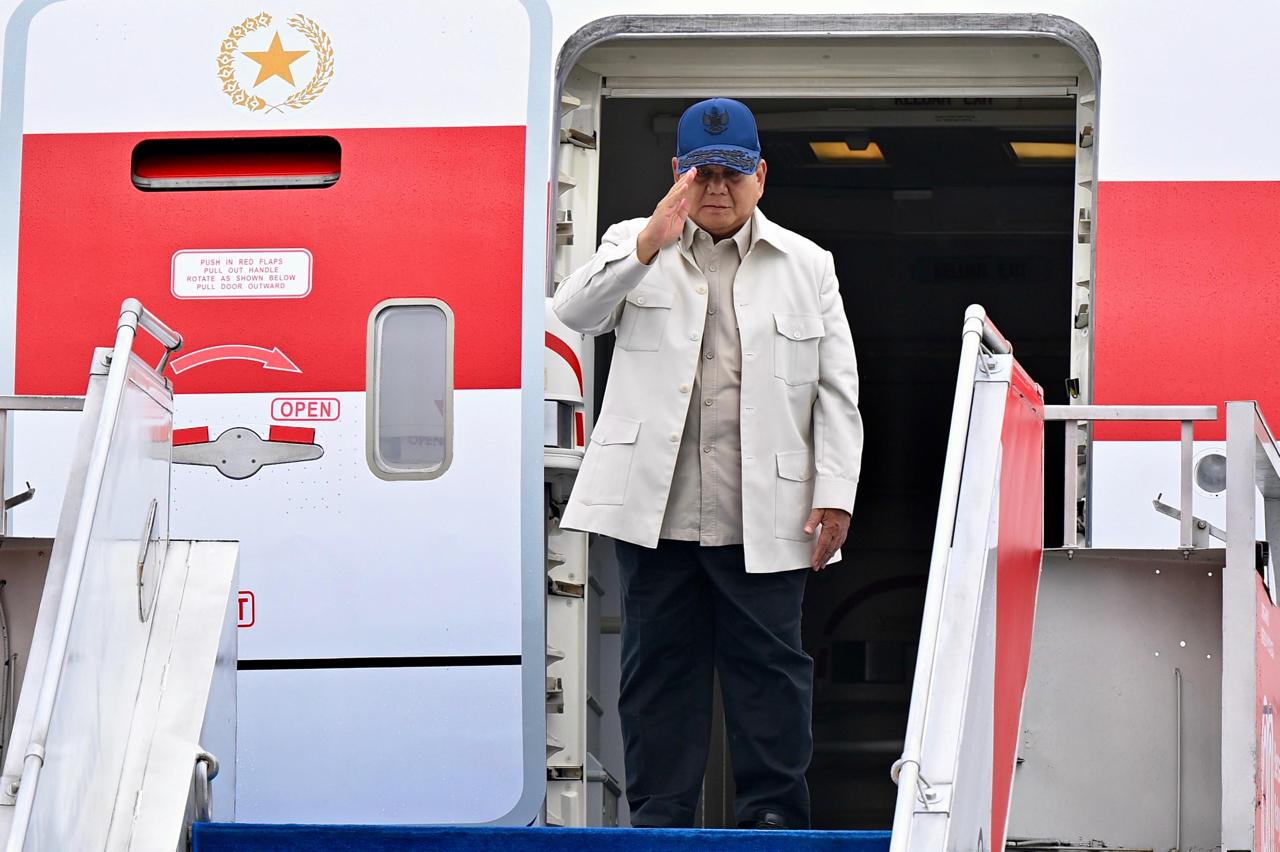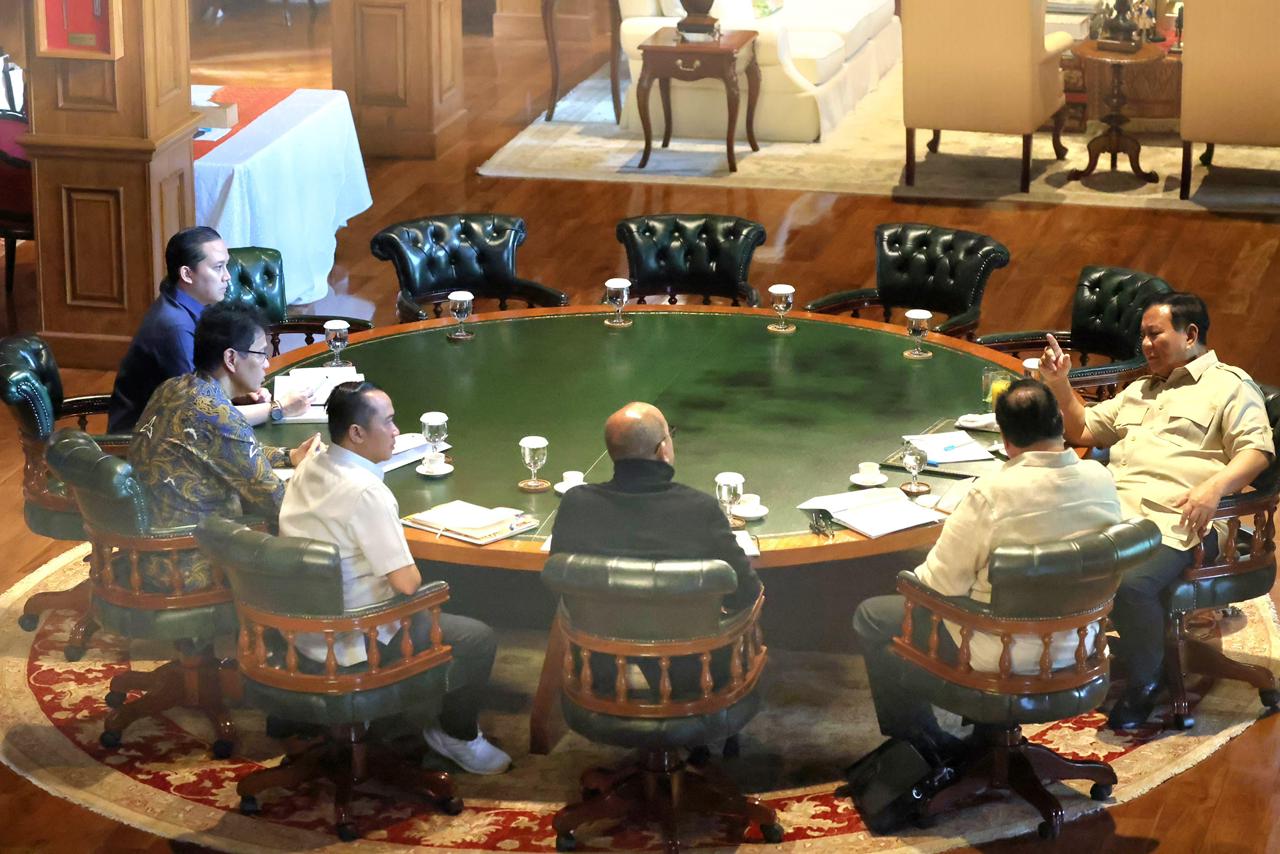President Jokowi Encourages Domestically Produced Health Devices, Medicines

President Jokowi attends the groundbreaking ceremony of Bali International hospital, Monday (12/27). (Photo by: BPMI/Laily Rachev)
Indonesia should be able to stop importing health devices, medicines, and medicinal raw materials and produce these goods domestically, President Joko “Jokowi” Widodo has said.
“We have to stop importing those items and produce them in our country,” said the President during the groundbreaking ceremony of the Bali International Hospital in the Sanur Tourism Area, Denpasar city, Bali province, Monday (12/27).
To suppress imports of medicinal raw materials, Minister of State-Owned Enterprises (SOEs) Erick Thohir said that his ministry will focus on state-owned pharmaceutical company Indofarma for the development of the herbal industry for medicines.
“Our domestic herbal industry has potential. We produce the commodities and have a significant culture regarding herbal medicines. Therefore, the Indofarma will focus on developing the medicinal herbal industry,” Erick said.
Meanwhile, Erick continued, another state-owned pharmaceutical company Kimia Farma will continue to focus on the supply of generic medicines to provide access to affordable medicines for the public. The production of these medicines will also be encouraged to use domestic raw materials, he added.
“If these two measures combined, we hope that in the next four years we can reduce imports of medicinal raw materials by 75 percent,” he said.
Furthermore, the Minister explained that currently his ministry has designed a state-owned health cluster program as part of an ecosystem to strengthen health resilience and self-sufficiency.
“We know that this ecosystem is the key to withstanding another wave (of pandemic) that may likely occur in the future,” he said.
For the record, the Ministry of SOEs has succeeded in merging Bio Farma as a holding company that oversees Kimia Farma, Indofarma, and a number of state-owned hospitals under the Indonesia Healthcare Corporation (IHC). From a business perspective, said Erick, Bio Farma is expected to open up new opportunities in the health industry, such as vaccination.
“We are seeking to work with various parties now, whether to develop an mRNA vaccine or a recombinant protein, which we continue to embark on it today,” he said.
Erick went on to explain that the vaccine produced by Bio Farma had begun clinical trials on 13 December this year. With this clinical trial phase, Erick expressed hope that Indonesia can immediately produce vaccines independently.
“We hope we can reach the third clinical trial and suppress vaccine imports next year. We are ready to produce 77 million (doses of vaccines) for the initial step which can start in July next year,” he said. (TGH/FID/UN) (EST/MUR)








